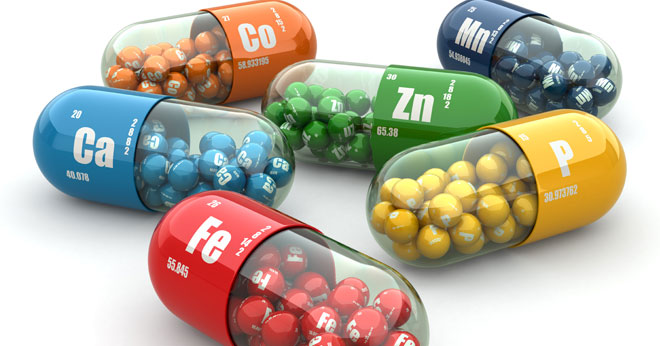
Endurance athletes, especially women, need adequate iron intake to maintain a healthy immune system and sustain energy levels. Many women athletes engage in restrictive dieting to maintain a slim figure, which can be harmful in the long run. Iron absorption is influenced by other foods, and a deficiency can lead to anemia, causing persistent fatigue due to a lack of healthy red blood cells.
Iron from plant-based sources is not absorbed as efficiently as iron from red meat, poultry, and fish, putting vegetarian athletes at a higher risk of anemia. To counteract this, they are often advised to take supplements to maintain proper iron levels. Additionally, athletes who train or live at high altitudes require more iron for optimal performance.
Women athletes regularly lose iron through menstruation, and the loss may increase with intense exercise. Excessive sweating and frequent urination can contribute to dehydration and, in some cases, blood loss through the urinary tract. Injury to the bladder during high-impact exercises may also cause anemia. Dehydration can restrict blood flow and nutrients to the gastrointestinal tract, leading to painful and bloody bowel movements.
Injuries are common among athletes, further depleting iron stores. Excessive exercise can also raise body temperature to the extent that red blood cells get damaged, increasing the risk of anemia. However, iron supplements should only be taken under the guidance of a healthcare professional. Regular testing of hemoglobin, hematocrit, and serum ferritin is recommended to identify deficiencies early and address them promptly.
Due to their rigorous training, athletes experience cellular micro-damage and frequent injuries. Zinc plays a crucial role in wound healing and immune function. Like iron, zinc is better absorbed from animal sources such as shellfish, red meat, poultry, and fish.
Vegetarian athletes can obtain zinc from sources such as legumes, lentils, spinach, soy products, peanut butter, nuts, seeds, whole grains, and wheat germ. Since zinc is essential for recovery and immune strength, ensuring sufficient intake is vital for endurance athletes.
Calcium is essential for muscle contraction, nerve conduction, and bone health. However, some athletes avoid calcium-rich foods due to concerns about weight gain or mucus formation during exercise. This can be detrimental to overall health and performance.
Excellent sources of calcium include:
Athletes should work with a healthcare professional to develop a nutrition plan tailored to their training type, level, frequency, and duration, while also considering factors like altitude and climate.
A well-balanced diet rich in iron, zinc, and calcium is essential for endurance athletes to maintain strength, prevent injuries, and optimize performance.
About the author: Avni Kaul is the most trusted nutritionist in Delhi, India, and a wellness coach. She is a certified nutritionist as well as a Diabetes Educator and specializes in weight management, child nutrition, skin and beauty health, thyroid disorder, cardiovascular health, diabetic management, wedding nutrition, sports nutrition, and corporate wellness.
Avni Kaul is Founder of Nutriactivania with Masters Degree in Food and Nutrition from University of Delhi and is also a Certified Diabetes Educator from Project Hope and International Diabetes Federation. She is a Leicester Mammas Ambassador trained in Lactation Counselling with NHS United Kingdom. Mammas support pregnant and new mothers and their families. Specializations of Avni Kaul Include Infant and Young Child Feeding Practises, Pre and Post natal diets, Fat loss, Muscle Gain and Holistic Health and Nutrition